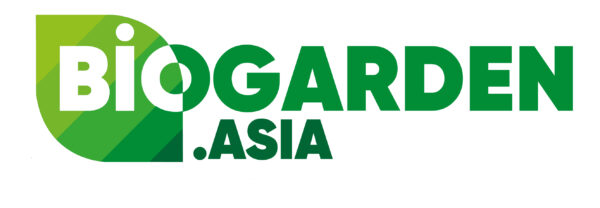No products in the cart.
NEWS
Lychee Erinose Mite (LEM)
Why is it a problem?
Lychee erinose mite destroys leaves, flowers, and fruits. Heavy infestations prevent flower and fruit setting and reduce the photosynthetic ability of leaves. Overall, LEM weakens the tree.
Where and when is it a problem?
It is commonly observed in Sarpang and Tsirang
IDENTIFICATION
LEM is tubular-shaped and has two pairs of legs (https://edis.ifas.ufl.edu/publication/IN1347)

Scanning electron micrograph of the LEM
Credits: Gary R. Bauchan, and Ronald Ochoa (USDA, ARS, Beltsville, MD
Damage symptoms
LEM pierce and feed on leaf epidermal cells, resulting in the hyperplasia of leaf trichomes, known as “erinea” (Karioti et al., 2011). The initial attack causes young leaves to appear distorted and silvery (left), then leaves turn brownish (centre), and finally dark brown velvety or woolly growth forms (right). Check out this link for more information: https://www.mdpi.com/2075-4450/11/4/235#B14-insects-11-00235
Confusion with other pests: LEM is highly host specific
BIOLOGY
LEM lays eggs in the erinea, which hatch into larvae within three to four days (Revynthi et al., 2022) and develop into adults within 14 days (Jeppson et al., 1975). Adults live in erinose and migrate to new flushes, leaves, and flowers for feeding.
Dispersal
During the blooming season, LEM is spread to new trees by honeybees by attaching to their bodies (Waite & McAlpine, 1992). Other methods of mite dispersal include wind currents and plant propagation.
When can damage be expected?
LEM prefer to feed on new growth, including leaves, flowers, and fruits.
Hosts: Litchi
Management practices
Monitoring
Regular monitoring of trees for early detection of LEM infestations is crucial.
Effect of variety : Unknown
Non- chemical management
- Cut off and burn infested branches/foliage/fruits
- Use mite-free planting material for new plantations.
Chemical management
- Wettable sulfur sprays are effective in preventing infestation of new flushes, shoots, and leaves by LEM (Revynthi et al., 2022).
Check out the following links for more information on LEM:
- https://www.ncbi.nlm.nih.gov/pmc/articles/PMC7240363/
- https://edis.ifas.ufl.edu/publication/IN1347
- https://ir4.cals.ncsu.edu/fooduse/PerfData/4755.pdf
Version: NPPC 2022. Litchi Erinose Mite V2.0. Bhutan Pest Factsheet. www.PestsofBhutan.nppc.gov.bt. Date produced: 13 December 2022. Contact: [email protected]



